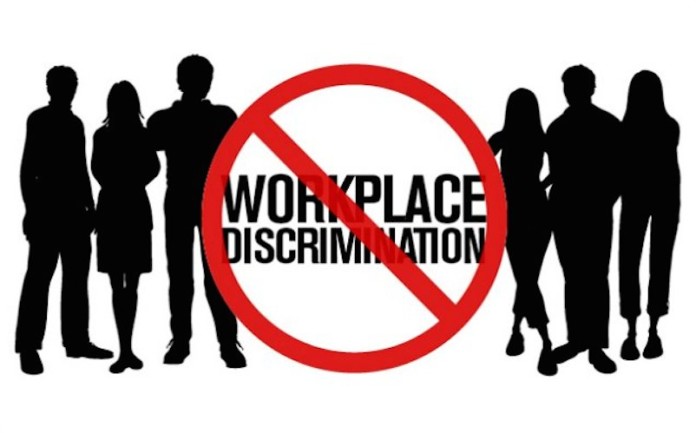
Generally speaking, discrimination is defined as unfairly treating a person or group of people differently from another person or group. But discrimination in the workplace - meaning legally defined and actionable discrimination - is more than that. In California, the disparate treatment which constitutes discrimination must be based upon a person’s inclusion in a protected class. These classes include race, color, national origin, religion, sex, age, and disability. California state law also prohibits discrimination based upon sexual orientation, gender identity, gender expression, marital status, pregnancy, or medical or genetic condition.
In order to succeed on a claim of workplace discrimination, an employee must prove each of the following:
These requirements demonstrate the difference between illegal, actionable discrimination and everyday workplace experiences that an employee may not enjoy. For example, if a manager is assigning more favorable work tasks to the women in his office than he is to the men, then he is discriminating against his female employees. However, if the boss appears to be acting friendlier to an employee who shares his alma mater, this would not be an actionable claim because the employees' “suffering” from this differential are not members of a protected class. Unless an employer is treating one employee differently from another based on his or her membership in one of the protected classes above, a discrimination claim should not be legally viable.

Stay updated with industry news!
1904 Olympic Blvd, Suite 240
Walnut Creek, CA 94596
Phone: 925-999-8200
Fax: 925-884-1725
frontdesk@dmcounsel.com
| Monday | 8:00AM - 6:00PM |
| Tuesday | 8:00AM - 6:00PM |
| Wednesday | 8:00AM - 6:00PM |
| Thursday | 8:00AM - 6:00PM |
| Friday | 8:00AM - 6:00PM |
| Saturday | Closed |
| Sunday | Closed |